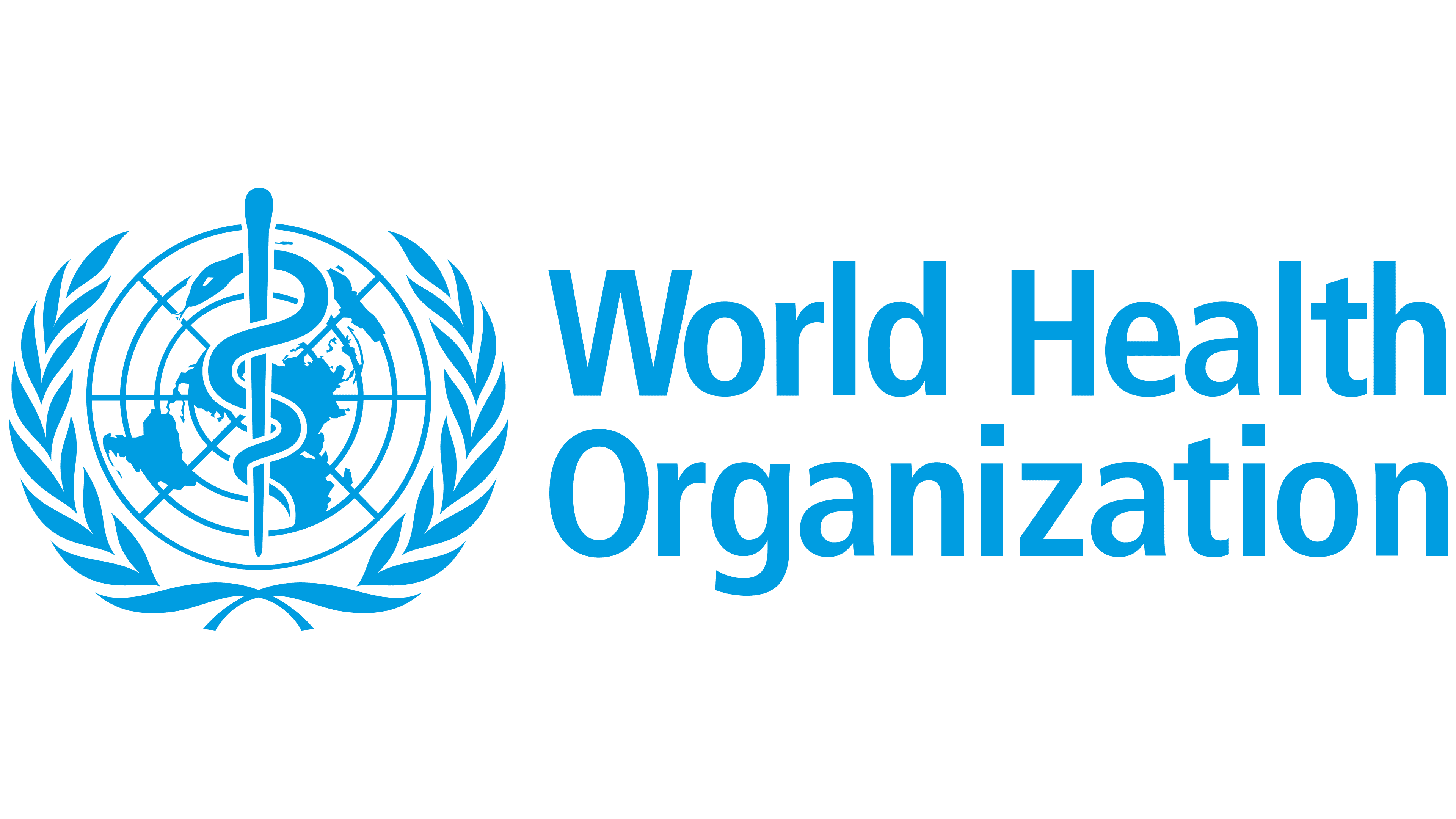Supporting the Validation of the World Health Organization’s Global Scales for Early Development (GSED) Package

IPA is supporting the Global Scales for Early Development (GSED) efforts in Côte d'Ivoire to validate a global early childhood development measure.
Extensive research has demonstrated that the first three years of life constitute a critical period for children's development, with significant implications for lifelong outcomes in areas such as health, education, and economic potential. During this time, children's brains undergo rapid development, rendering them particularly susceptible to the impacts of both positive and adverse experiences. Consequently, directing efforts towards interventions that bolster children's development during this period holds the potential for a substantial impact.
However, there was a lack of universally validated instruments to measure early child development (ECD), especially for the youngest children. Measures ranged from proxy indicators like stunting and poverty, which estimate the prevalence of developmental risk, to intricate assessments of individual performance across various developmental domains. These measures were often expensive, time-consuming, and challenging to administer, and their cultural adaptability, accuracy, and reliability were not always assured. As a result, options to evaluate the progress of ECD interventions as well as monitor child development were limited.
The Global Scales for Early Development (GSED) project is an effort to develop a set of harmonized measures to capture child development in children under the age of three at the population and programmatic level. Under the leadership of the World Health Organization (WHO) and a group of global advisors and statistical experts from a variety of disciplines, the GSED was created as a package comprised by two holistic measures of child development under 36 months that are culturally neutral, openly accessible, easy to train on and administer, and that are based on a new metric (the Developmental score):
- The GSED Short Form (SF): A caregiver report measure designed to collect population-level data on children's development.
- The Long Form (LF): An instrument specifically designed for direct child assessment.
Most recently, the GSED Household Form (HF) has also been developed as an instrument that is suitable for inclusion into multi-topic household surveys to monitor early childhood development for children aged 3 to 23 months, complementing UNICEF’s Early Childhood Development Index (ECDI) 2030, which targets children ages 24 to 59 months, filling the measurement gap for the early years. This form is available upon request and is expected to be launched in 2025.
The psychometric properties of the GSED SF and GSED LF are comparable, so the choice of one or the other, or the two together, to measure child development depends on the specific research question and purpose of the evaluation (e.g. type of intervention), administration feasibility (caregiver report versus direct administration), and the capacity and expertise of the team.
In coordination with the WHO, the GSED measures have been validated in Bangladesh, Pakistan, Tanzania, and validation in a second set of countries: Brazil, China, Côte d'Ivoire, and The Netherlands is currently being analyzed, covering additional regions and generating more evidence of global applicability and validity. In Côte d’Ivoire, this study took place in the Yopougon municipality, and IPA has been leading it as the implementation partner.
Based on the validation evidence from the first three countries, the GSED Package 1.0 was launched in February 2023 and it is available here. It will be revised by end of 2025 to reflect the results across the seven countries.
The GSED research agenda has grown to also cover (i) the development of a GSED Adaptive Testing version to reduce the number of items asked to the respondent and be able to do a more efficient data collection; (ii) the identification of predictive validity of the GSED at 5 years of age, (iii) the development of population norms and standards for children younger than 36 months, and (iv) the testing of the GSED for screening children to detect developmental impairments.
*The GSED team includes: Vanessa Cavallera, Gillian Lancaster, Melissa Gladstone, Maureen M Black, Gareth McCray, Ambreen Nizar, Salahuddin Ahmed, Arup Dutta, Romuald Kouadio E Anago, Alexandra Brentani, Fan Jiang, Yvonne Schönbeck, Dana C McCoy, Patricia Kariger, Ann M Weber, Abbie Raikes, Marcus Waldman, Stef van Buuren, Raghbir Kaur, Michelle Pérez Maillard, Muhammad Imran Nisar, Rasheda Khanam, Sunil Sazawal, Arsène Zongo, Mariana Pacifico Mercadante, Yunting Zhang, Eline Vlasblom, Arunangshu D Roy, Katelyn Hepworth, Günther Fink, Marta Rubio-Codina, Fahmida Tofail, Iris Eekhout, Jonathan Seiden, Rebecca Norton, Abdullah H Baqui, Jamila Khalfan Ali, Jin Zhao, Andreas Holzinger, Symone Detmar, Samuel Nzale Kembou, Farzana Begum, Said Mohammed Ali, Fyezah Jehan, Tarun Dua, Magdalena Janus.
Implementing Partner













